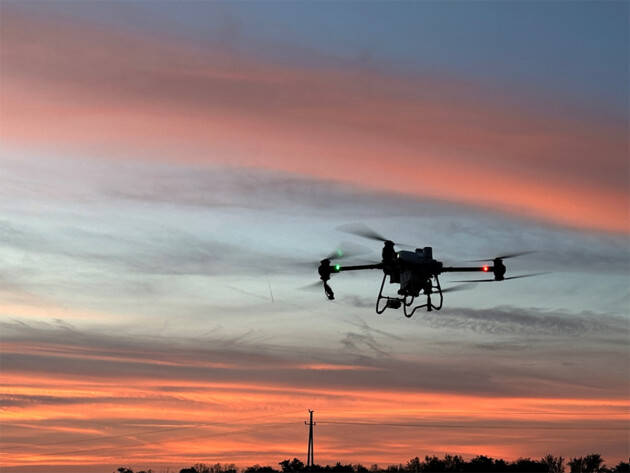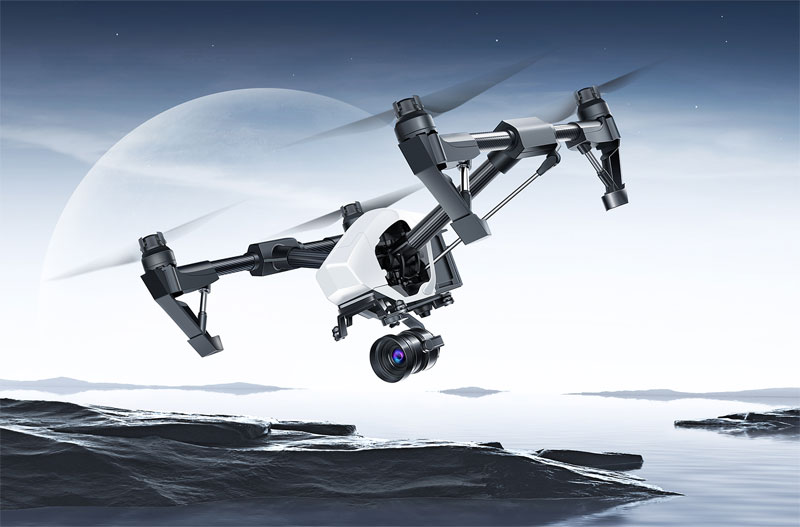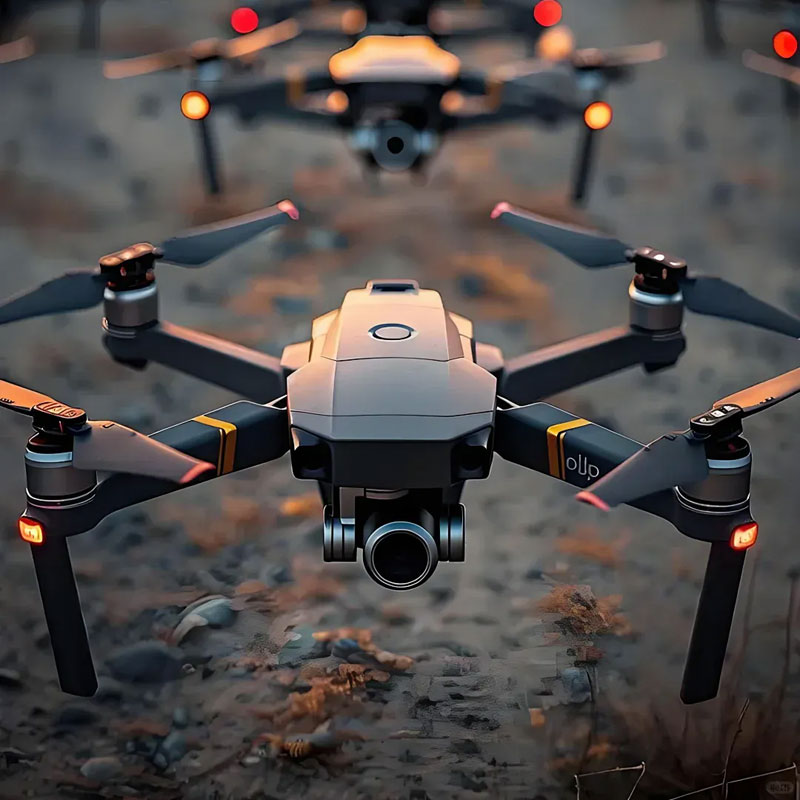The recent Moscow drone attack has sparked significant global attention, reflecting a new phase in geopolitical tensions and technological warfare. This incident, which saw drones targeting strategic areas in and around Moscow, underscores the broader implications of drone technology in modern conflicts. Drones, once primarily used for reconnaissance, have evolved into tools for direct engagement, revealing vulnerabilities in traditional defense systems.
Understanding Drone Technology

To grasp the full impact, one must first understand drone capabilities. These unmanned aerial vehicles (UAVs) possess advanced navigation systems allowing stealthy approaches into hostile zones. Equipped with cameras and sometimes armament, drones can bypass defenses that are designed against conventional warfare mechanisms.
Strategic Targeting with Drones
From a strategic standpoint, the Moscow incident highlights drones’ capacity for precision targeting. This ability is particularly unsettling for urban centers where structures can be used as covert hideouts or launching pads for drone operations. Such tactics put pressure on nations to develop counter-drone technologies to detect, intercept, and neutralize aerial threats effectively.
Political Ramifications
The political impact of the drone attack extends beyond Moscow’s geographic boundaries. Countries worldwide are reconsidering their stances on drone policies, both in terms of defense and diplomacy. The incident is likely to influence international treaties on UAV usage, demanding stricter regulations to prevent their use in aggressive acts. Moreover, this attack may shift alliances, as nations seek to bolster their drone detection and defensive systems through collaborations and shared technology initiatives.
Economic Impacts
Beyond politics, the attack potentially disrupts economic activities, particularly in areas where infrastructure or business operations were affected. The financial markets responding to heightened uncertainties can lead to fluctuating investment patterns, both in Russia and globally. This incident could also result in increased investment in defense technology companies specializing in anti-drone systems, reflecting a shift in economic priorities.
Future Implications
With drone technology advancing rapidly, future implications of such attacks must be considered. As nations race to enhance their defense systems against UAV threats, the discourse on ethical usage of drones will be paramount. Striking a balance between national security and privacy rights is a challenge that governments must navigate carefully to avoid overreach. This leads to the critical question of how international law will evolve to address these emerging technologies.
FAQs

- What measures can be taken to enhance defense against drone attacks?
Implementing radar systems capable of detecting small UAVs or employing electronic jamming techniques can be effective countermeasures. Developing specialized anti-drone weaponry is also essential. - How does international law currently regulate the use of drones?
International law on drone usage is still developing, focusing on ensuring that drones are used strictly for peaceful purposes and establishing regulations against their use in acts of aggression. - Will drone technology continue to evolve?

Yes, drone technology is likely to keep advancing, with improvements in autonomy, endurance, and stealth capabilities, which will further complicate defense strategies worldwide.
